President talks about investments, EU, Ukraine
Tomislav Nikolic has said that Serbia was fertile ground for foreign investors, but that they should "shift the focus from infrastructure to something else."
Thursday, 22.01.2015.
10:13

President talks about investments, EU, Ukraine
The Serbian authorities are trying to convince investors to put their money in the construction of production facilities, because there is a number of reasons why Serbia is a good place to manufacture products and export them to countries that do not have a free trade agreement with the EU, he stated.Nikolic said he was not satisfied with the amount of foreign investments coming into the country, adding that security was better now, along with trust in Serbia, especially after the country's talks with the IMF and preparations to sign an agreement with that institution in February.
"Serbia has to be a good place for investments on different grounds, and there is finally complete agreement on this issue between the president and the government," he pointed out, adding that Serbia would definitely do everything this year to direct investments into new products, even at the cost of taking out new loans, as that is the thing that could return the invested funds the fastest.
The second option, or perhaps the first one, is agriculture, he remarked, stating that Serbia had neglected its agriculture in favour of industrialisation since the end of World War Two.
Serbia has healthy soil, air and water and can produce enormous quantities of food, which is something the government will have to put much more effort in than it has so far, he stressed.
Asked what he thinks could be the fate of many state-owned enterprises in Serbia, Nikolic said that Serbia has created many problems for itself over the last 15 years or so.
"Things were being done very poorly and in a criminal way, sometimes only to stop production, as those buying were not even interested in production in Serbia, and we were losing a huge number of jobs," Nikolic said.
Many firms have remained at the stage of restructuring, where privatizations have been annulled because of criminal activities or because nobody was interested in buying them, and we also have enterprises that are state-owned or where the government provides certain income for those who are employed in them or are only formally employed since, generally speaking, they are not coming to work at all, he said.
At the same time, we have a lot of enterprises that are state monopolists, while they really have to be left to fight for their markets on their own despite not being strong enough for that, Nikolic said.
"There is also the Serbian farmer who has been left to compete with farmers from the EU, who receive much more assistance from their countries than we can give to our farmers," he added.
Nikolic pointed out that unlike all previous governments, whose only goal was to stay in power, the current government opted for reforms and adjusting the allocations from the budget with realistic budget revenue projections.
"Serbia needed somebody to help it sober up, to tell it the truth, and I think the best time for that is now, now that the Serb Progressive Party is so strong that it does not have to fear lacking support in the parliament and now that the government can govern by truth," said Nikolic.
Nikolic said that unless some upsetting global developments like the global financial crisis occur, 2015 might be the last year in which the Serbian people should sport fears of living worse in the year to come.
Nikolic believes that Serbia will not become an EU member state by 2020, but that there is apparent progress on the path towards the EU.
"But this does not mean that we will not take the relations completely to a level from which we can become a member state very easily - I see only two major problems: Ukraine is one, and Kosovo and Metohija is the other, and we will deal with the rest," he said.
Commenting on the Ukrainian crisis, Nikolic said that Serbia's desire to become an EU member state was huge, but that the country could not break off its historic friendship with Russia,
The EU is aware of this and is still not imposing rigorous conditions, he added.
However, Johannes Hahn, the European Commissioner for Enlargement and European Neighborhood Policy, has said openly that EU membership implies a joint foreign policy and that, on the day of the accession, we would have to make the same choice that Brussels is making, Nikolic said.
"Serbia is not taking sides but, as a country that has friendly relations with both sides, it can try to restore broken ties, which may be its most difficult role as OSCE chair," Nikolic said.
"Regarding the Ukrainian crisis, the positions of the EU and Serbia are completely the same - the sovereignty and territorial integrity of Ukraine must be preserved. When you translate this to Serbia and Kosovo, our positions on the matter are the same as those of the Russian Federation which, in that case, says that Serbia's sovereignty and territorial integrity must be preserved," Nikolic said.
This means that Russia and the EU have different understandings of two identical examples - how can we deal with all this as a small country and what can we expect from it? We are still insisting on a rule, Nikolic said.
Speaking about the abandoned construction of the South Stream gas pipeline, Nikolic said that Serbia had put a lot of hope in that project.
Serbia has two years to design a new strategic plan to secure energy supplies, Nikolic said, adding that he had discussed this with the prime minister.
"There is talk of a gas pipeline that would run through Greece, but that is extremely expensive for us and brings us no profit - the South Stream envisioned Serbia as a hub from which many countries would obtain gas through their own pipelines, while we would have large profits from this," Nikolic said.
"The situation is very serious but I think that entire southern Europe lacks energy security today because the works on the South Stream have been abandoned," Nikolic said.
Nikolic also commented on "a misunderstanding between the head of the EU Delegation to Serbia and the Serbian prime minister."
"There is completely clear evidence that some media in Serbia are EU-funded and that all of them have an unified editorial policy, directed against the efforts of top state officials to steer Serbia out of the crisis, and Serbian Prime Minister Aleksandar Vucic has said this openly," Nikolic said, noting that this cannot erode the relations between the EU and Serbia or the relationship between the EU ambassador in Belgrade and the prime minister.
In Serbia, ambassadors of the United States, Germany, the United Kingdom, France and the EU have somehow become accustomed to criticizing the work of the top state officials publicly by default, to predicting bad situations for Serbia at times, and to requesting that positions be taken beforehand, he added.
"This has been going on for a very long time, ever since the era of Slobodan Milosevic - some ambassadors still cannot accept the principle of non-interference with the work of the state in which they are ambassadors, because Serbian ambassadors do not do that anywhere in the world, and that is simply impermissible," Nikolic said.
"Therefore, it was a minor misunderstanding, but I think that it has been ironed out in the interest of the Serbian citizens, and hopefully it will not happen again," he concluded.










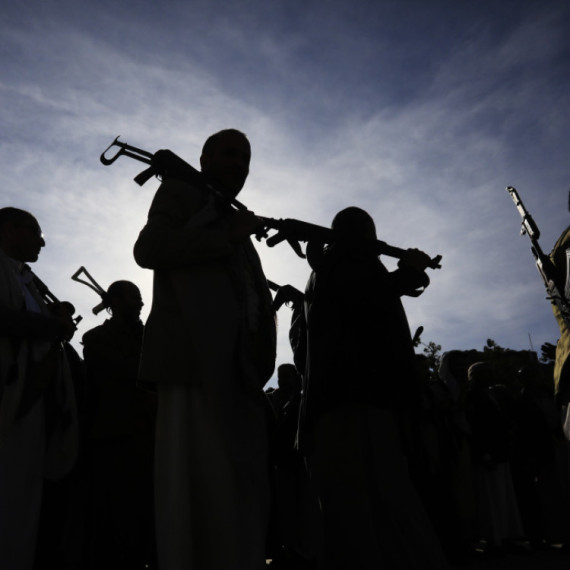
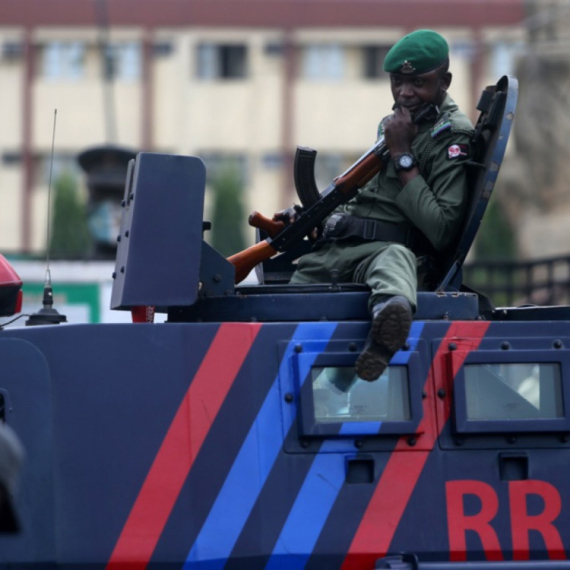
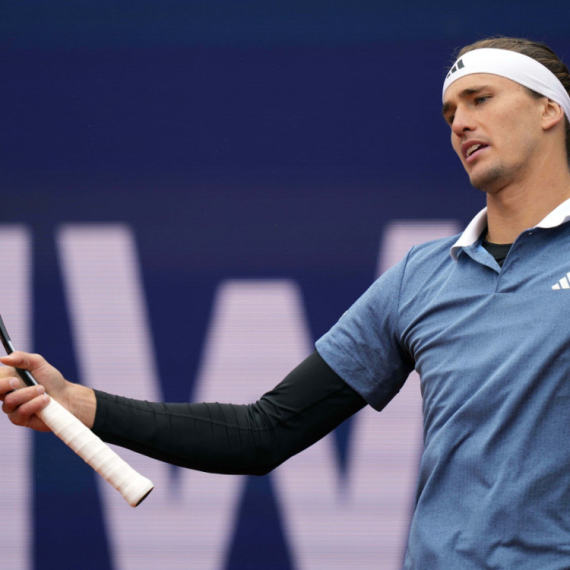




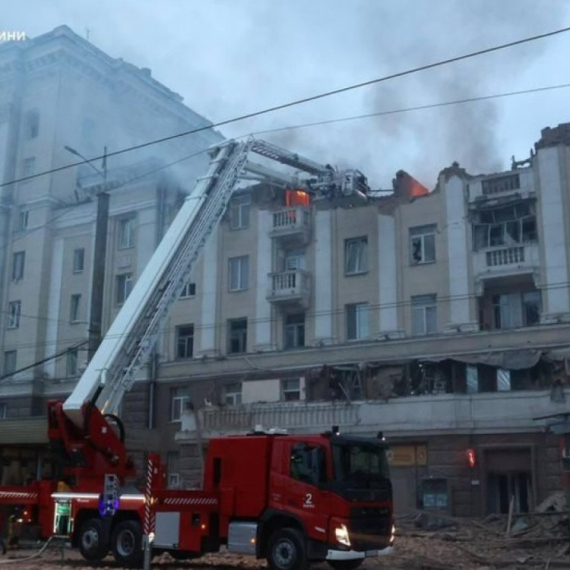
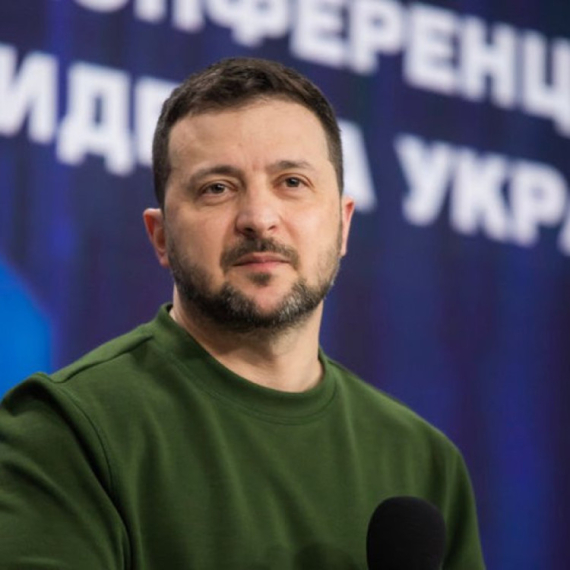

Komentari 1
Pogledaj komentare